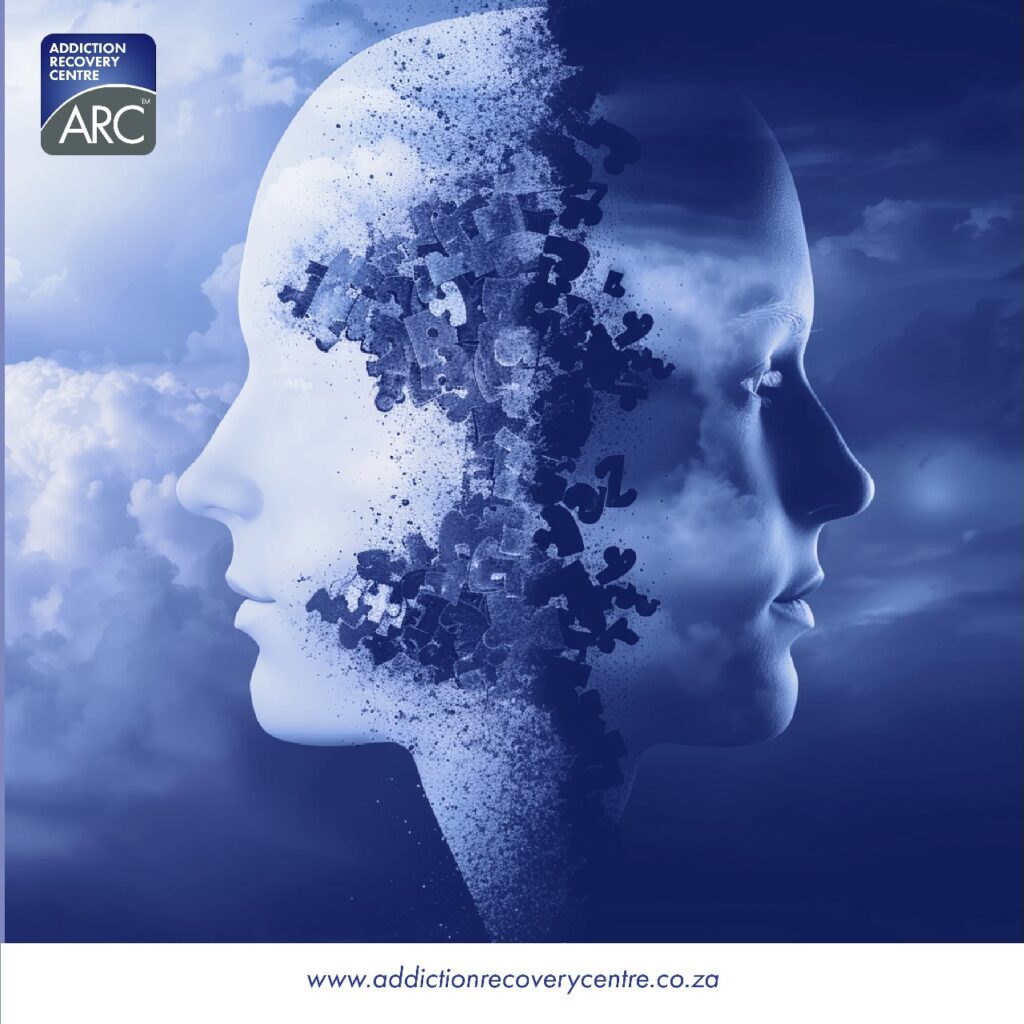
Drug Treatment Programs
Drug Treatment Programs
When it comes to drug treatment programs, understanding the complexities of addiction is essential. These programs use evidence-based methods tailored to each individual, supported by a multidisciplinary team that ensures holistic care. But what does a personalized treatment plan involve, and how does aftercare support long-term recovery? Let’s explore.
Understanding Drug Addiction
Drug addiction affects not only the individual but also their loved ones.
Addiction often develops from a combination of factors, including genetics, environment, and mental health. It’s important to recognize that addiction isn’t simply a matter of willpower—it’s a complex condition that changes brain chemistry and behavior.
By gaining a deeper understanding of addiction, you can respond with empathy and support rather than frustration or judgment. This awareness provides a foundation for effective treatment, fostering hope for both individuals and their families.
Evidence-Based Treatment Methods
Successful recovery relies on approaches backed by research. Evidence-based treatment methods such as cognitive-behavioral therapy (CBT), group therapy, and motivational interviewing are effective.
Treatment is tailored to your specific needs, creating a supportive framework that builds self-awareness and resilience. Assessments, ongoing monitoring, and educational resources about addiction and coping strategies keep you empowered throughout the process.
By addressing both the symptoms of addiction and its root causes, these proven methods pave the way for meaningful, lasting recovery.
The Role of a Multidisciplinary Team
Recovery is rarely a solo effort. A multidisciplinary team works together to provide the full spectrum of support you need.
-
Psychologists offer therapy to help you understand thought patterns and behaviors.
-
Counselors guide you through emotional regulation and coping skills.
-
Doctors oversee physical health and medication management when needed.
-
Social workers connect you to community resources and ensure you have ongoing support.
This collaborative approach creates a safe, nurturing environment that addresses addiction while supporting overall well-being.
Personalized Treatment Plans
No two recovery journeys are the same. Personalized treatment plans are designed around your unique background, challenges, and preferences.
From the initial assessment, your care team develops a tailored approach that may include CBT, group sessions, holistic practices, or a mix of therapies. Regular check-ins and adjustments ensure the plan evolves with your progress.
This individualized strategy not only strengthens resilience but also helps you rebuild life with purpose and hope.
Aftercare and Ongoing Support
Recovery doesn’t end when treatment does. Aftercare is essential for maintaining progress and preventing relapse.
Support services like counseling, peer groups, and relapse-prevention programs provide ongoing guidance. These resources reinforce the skills you’ve learned and keep you connected to a community that understands your journey.
With the right aftercare, you’ll have accountability, encouragement, and the tools to navigate challenges long after treatment.
Drug treatment programs offer a structured pathway to healing, combining compassion with proven strategies. By addressing addiction with evidence-based methods, multidisciplinary support, and personalized care, they empower you to embrace recovery. With aftercare and ongoing support, lasting change is possible.
Your journey may not be easy, but with the right tools and community, a healthier and sober future is within reach.
